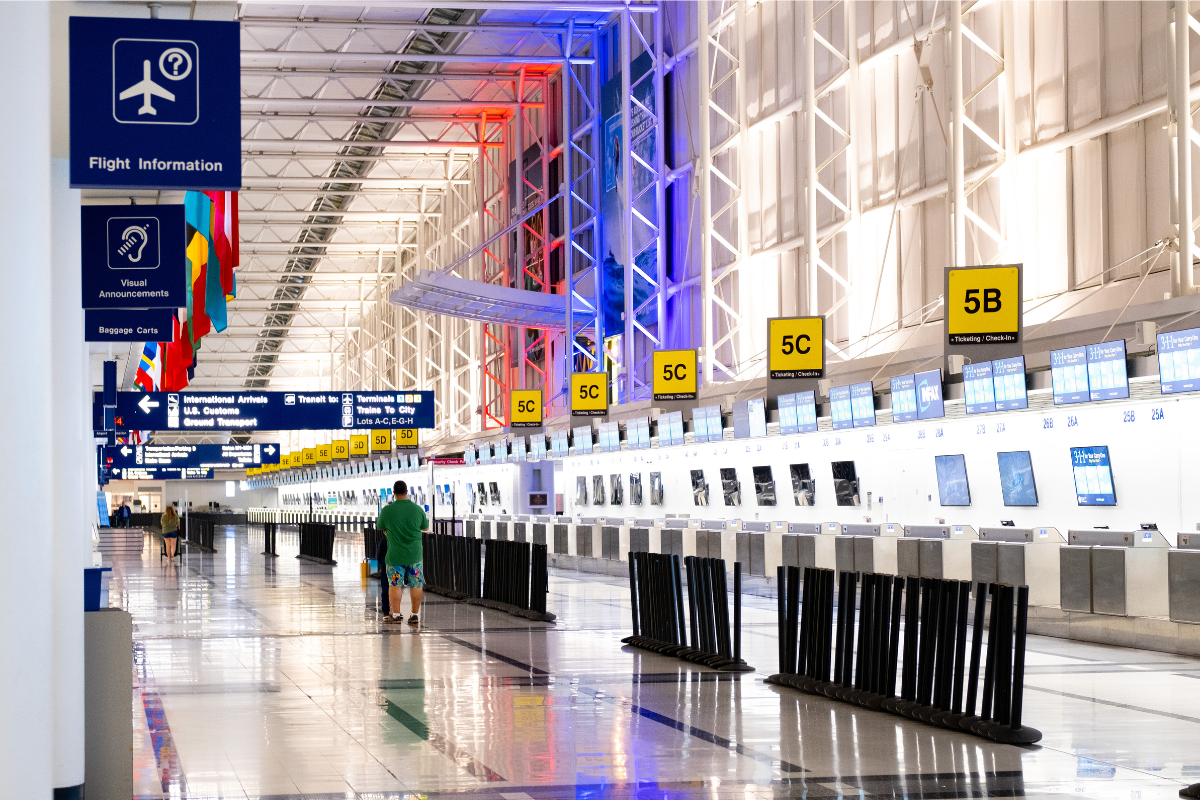
Britain’s clean-tech bet on aviation aims to future-proof the skies. Credit: Matthew Turner from Pexels via Canva.com
Clean flight is no longer a concept. On June 16, 2025, at the Paris Air Show, the UK government pledged £ 250 million to develop zero-emission aviation technology. This is a strategy that will put the country squarely in the race and reinvent flying itself. From hydrogen propulsion to reducing materials, these funding ambitions are emerging at a time when aviation is no longer a carbon legacy issue; it’s now front and centre.
This announcement came from Industry Minister Sarah Jones, who has laid the foundation and aims to fuel British information rebuilding, strengthening aerospace leadership, and closing the gap between climate targets and the technology still needed to reach them. It is a pivot, and the stage goes well beyond engineering.
A green pivot at the Paris Air Show
The UK’s Industry Minister, Sarah Jones, took the stage at the Paris Air Show on June 16th, but was not there to discuss timelines or targets achieved. She came with a check worth £250 million aimed at how Britain flies.
- The goal is hydrogen planes, laser beam manufacturing, and drag-reducing coatings.
- The government is betting on clean aviation technology as a cornerstone of its post-Brexit industrial strategy.
- Global aerospace companies are scrambling to decarbonise, and airlines are under pressure to clean up their act.
- The UK, which was once known for its Skies rather than its climate strategy, is now leading that transition.
Hydrogen takes centre stage.
At the heart of the UK is a £250 million announcement: there is a clear favourite, which is “hydrogen”. Liquid hydrogen combustion engines are receiving direct investment from this fund to prepare Britain’s supply and build it at scale.
As Industry Minister Sarah Jones puts it, during the past show on June 16th 2025, the challenge is not a concept, it’s in the readiness factor. “Getting the supply chain of smaller businesses ready is the challenge. But that’s what this funding is for”
The UK is primarily focusing on hydrogen to power short-term flights, and hybrid systems can offer a genuine alternative to Fossil jet fuel within the next decade.
- Major players, including GKN Aerospace and Rolls-Royce, are involved.
- If this bet pays off, Britain won’t just fly cleaner, it will export engine parts and expertise that other countries will need to catch up to.
The ecosystem activation
This £250 million package is designed to fill the entire supply chain, ranging from aerospace giants to small engineering firms scattered all across Bristol, Derby, and beyond.
- This is mainly about backing innovation at every level, and initiatives like this will accelerate the carbonisation journeys and will give confidence to the entire network, ranging from wing designers to software integrators.
- This type of vertical support for both large and small companies helps Britain build the infrastructure to prototype designs and produce them at home, with exports in mind.
- Regarding climate, they should proceed with caution because zero-emission flights remain largely unproven at scale, and hydrogen propulsion can work in the short term.
Sustainable aviation fuels are better than kerosene, but they are still carbon-emitting. While the UK’s pledge appears to address both, the reality is even more uncertain. None of this will matter if they’re craft manufacturers cannot get these technologies into commercial service quickly enough or if airlines don’t adopt them broadly.
Now, regarding efficient aircraft, they may reduce emissions per flight, but the number of flights continues to rise. So, the demand continues to climb, especially regarding airport expansions, such as Heathrow, which is back on the table. The climate can benefit, but could be lost in shared volume.
In other words, the technology won’t fix the Aviation carbon footprint; it will shrink it slowly and offset it. But without those policy guard drills, the green halo may prove more symbolic than structural.
The Global race with the UK vying with France, Germany, and the US.
Clean flight has become a strategic battleground. France’s Airbus and Germany’s investing heavily in hydrogen aviation through their hy4 program. The US, flush with IRA subsidies, is investing billions in aerospace innovation.
Now, with the UK’s investment, it is more about leading the race. By investing now, the UK is trying to secure its future leadership, not only in design and clean energy, but also in exporting the parts, software, and systems that the rest of the world will need.
Technologies need to scale, airlines need to buy in, regulators need to catch up, and the public is increasingly where your greenwashing comes into play; they need to believe this is more than just headlines and more about the hardware.
This is an indication of Britain’s aerospace revival, and its chapter and climate ambition will depend on not how loud the announcement was but how it takes off from it.







